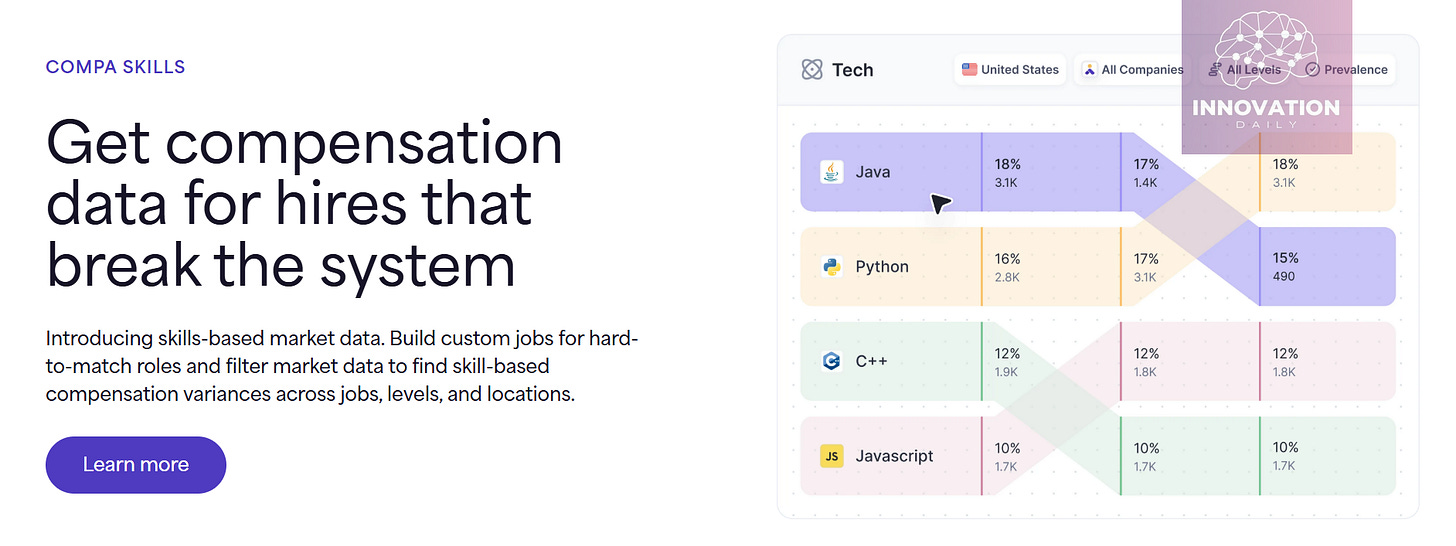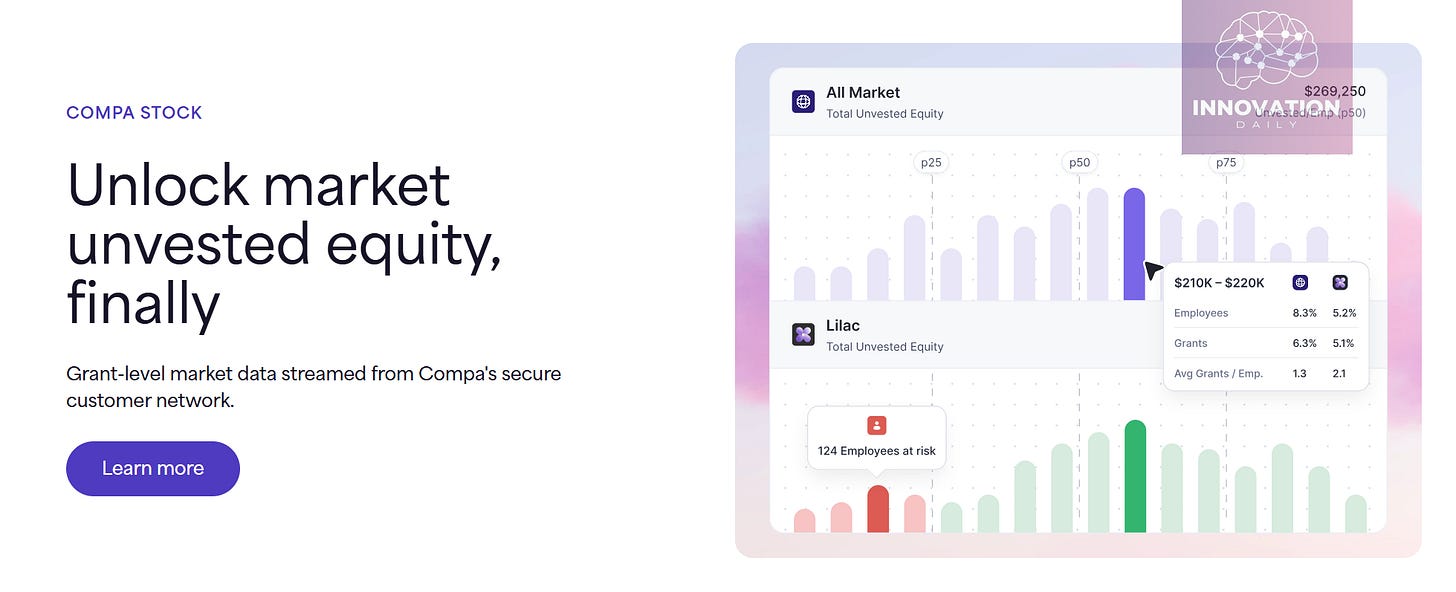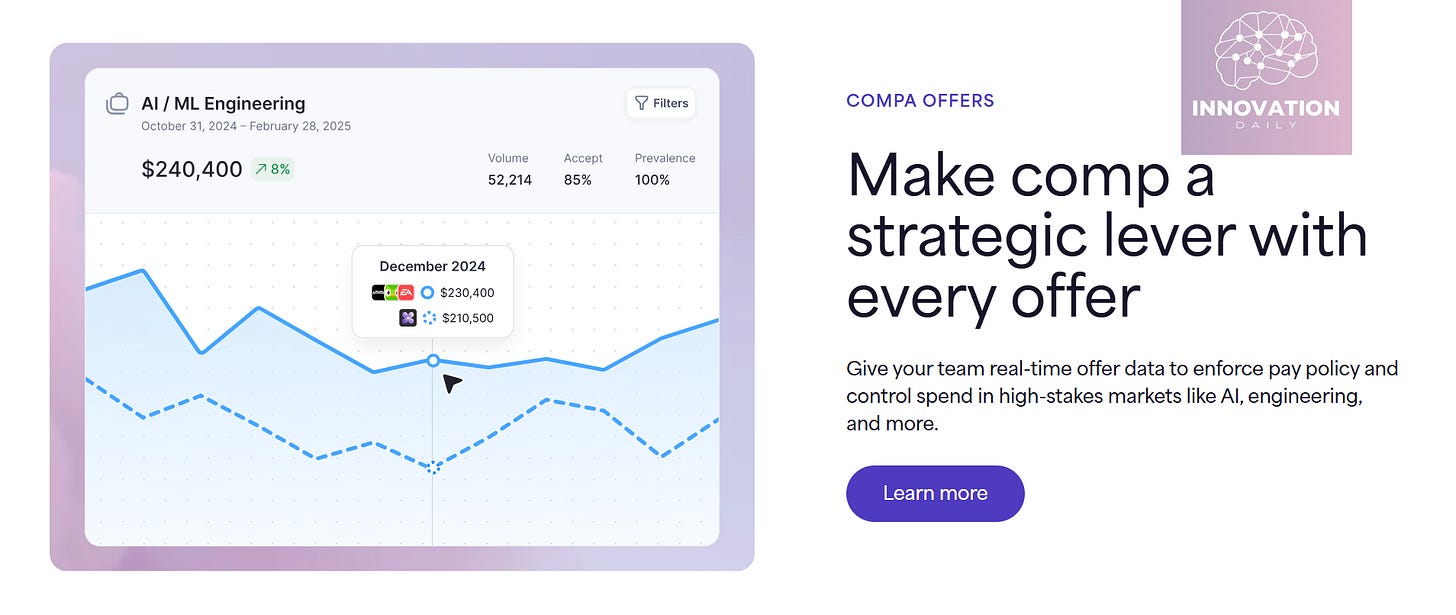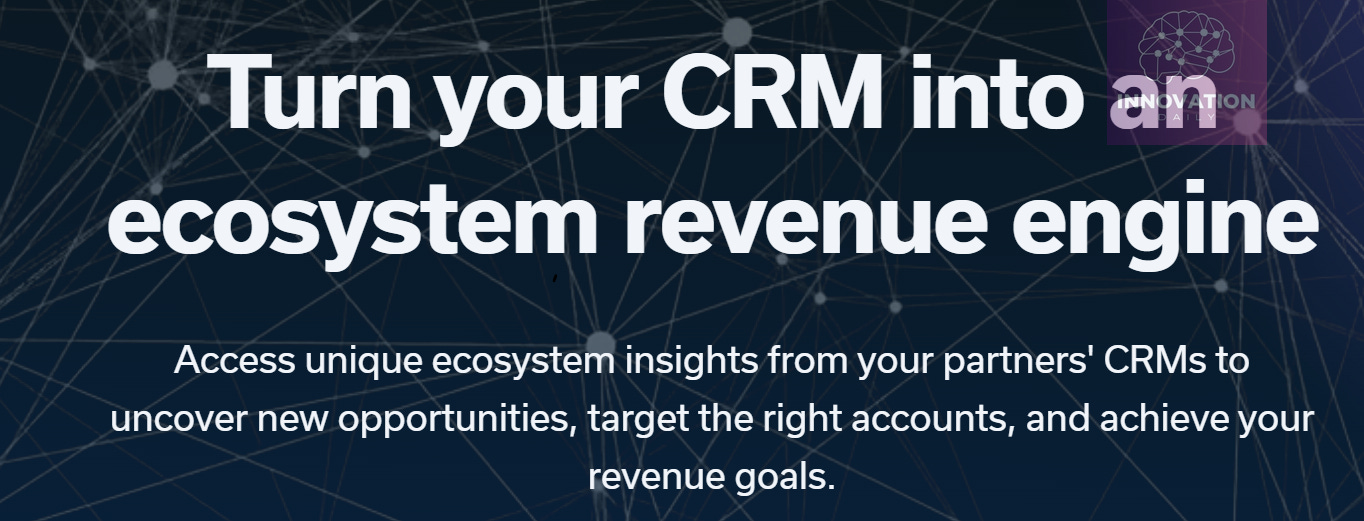Smarter Offers - Faster Hires
Today's featured startup is helping companies make competitive job offers in real time, using live market data to attract top talent without overpaying
Project Overview
Compa helps companies understand what competitive salaries they need to offer candidates — ensuring they don’t underpay or overpay. Unlike traditional salary surveys, which are periodic and often based on self-reported data, Compa collects real-time information from authoritative sources.
The platform works by connecting a company’s ATS (Applicant Tracking System) to Compa. Offers made by the company are shared anonymously, and in exchange, the company receives aggregated offer data from other companies. This allows businesses to benchmark their offers without exposing personal candidate information.
Compa focuses on offers rather than actual salaries because offers are the “marketing interface” companies use to engage candidates. The goal is to make an attractive initial offer that candidates are willing to consider, rather than discard immediately. Companies can also standardize job titles and regions to align aggregated data with their own structure and segment benchmarks by company type to reflect realistic market pay ranges.
Currently, Compa serves technology companies and holds data on over 110,000 offers from companies like Stripe, Nvidia, Doordash, Square, Dropbox, Instacart, Autodesk, Vimeo, and MongoDB. Subscriptions start at $50,000 per year. Founded in 2021 with $3.9M in funding, the company launched its offer database in 2023, growing clients by 800% and revenue tenfold. Compa recently raised an additional $10M.
What’s the Gist?
Compa operates on a give-to-get model: to access data on other companies’ offers, a company must share its own offer data. Pricing may vary depending on how many offers a company contributes — companies contributing fewer offers pay more because they gain more insight than they provide.
This approach mirrors other successful data-sharing startups. Varos, for example, used a similar model to exchange marketing and financial metrics between e-commerce and cloud service companies. Crossbeam and Reveal allow B2B sellers to exchange CRM data to generate “warm leads” by identifying potential clients already known to other companies.
Investors like David Sacks note that the give-to-get model is well-suited for AI startups. Jigsaw pioneered a similar points-based system in 2004 for business contacts, later acquired by Salesforce for $142M. Points-based exchange could help AI startups collect high-quality datasets for training models, a critical resource in AI development.
Such platforms are particularly valuable for AI startups in healthcare, finance, research, manufacturing, creative industries, and legal document analysis.
Key Takeaways
The most promising applications of the give-to-get model are in creating platforms that allow companies to exchange valuable information safely and efficiently.
There are two main paths: traditional data exchange platforms (like Compa, Varos, Crossbeam, Reveal) sharing salaries, financial and marketing metrics, or buyer contacts. Other relevant information could include logistics costs, procurement prices, or any category where benchmarking is valuable.
The second path focuses on AI data exchange, addressing gaps in datasets necessary for AI model training. Companies must ensure ongoing updates, data accuracy, and security to maintain high-quality outputs.
While data-sharing models carry risks, history shows that high risk can yield high returns, as seen with companies like Airbnb, Uber, and BlaBlaCar. Applied correctly, the give-to-get model could become the next big success in data-driven platforms.
Company Info
Compa
Website: compa.ai
Latest Round: $10M, 29.01.2024
Total Funding: $13.9M across 2 rounds










